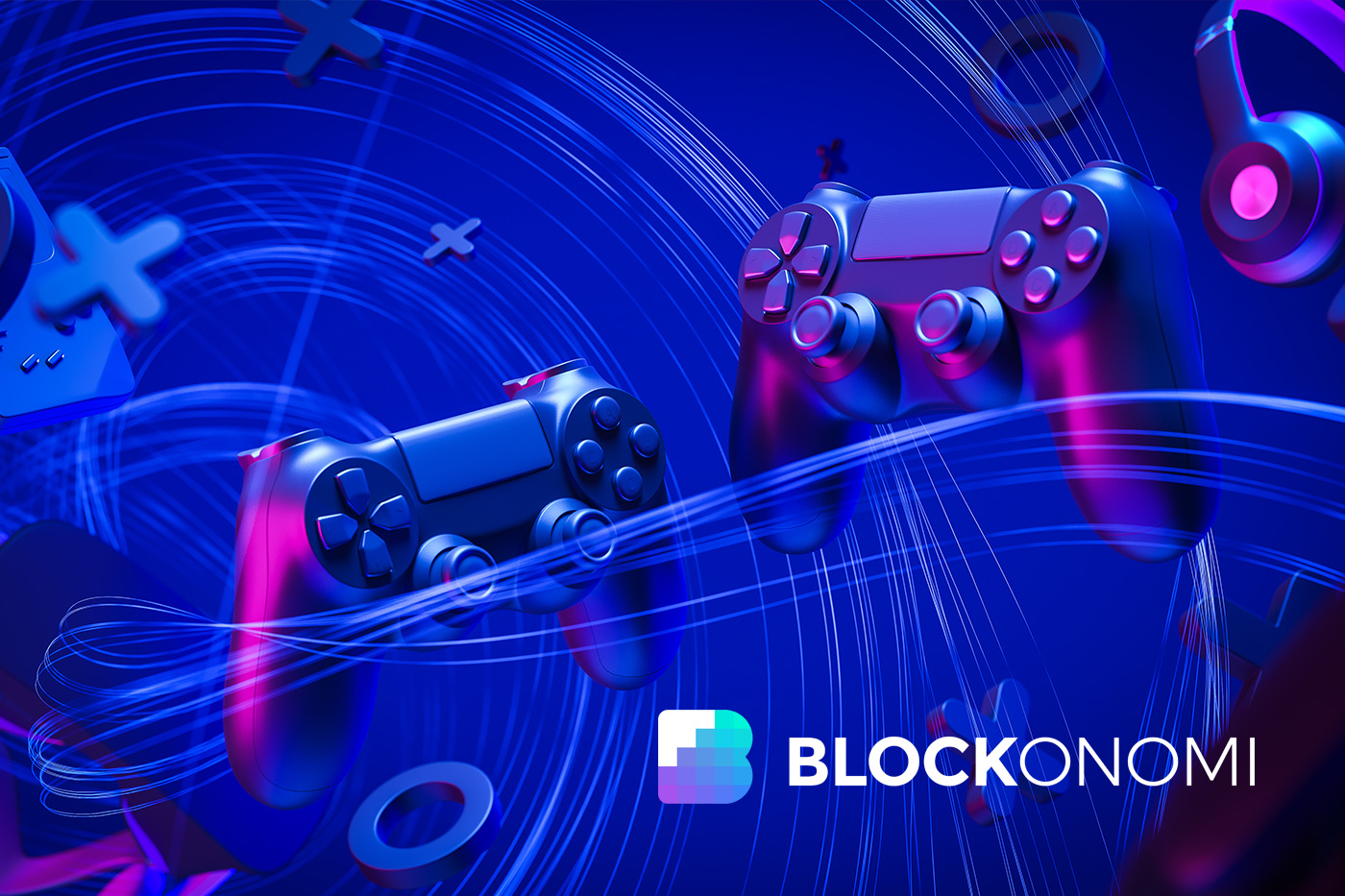GameFi is a combination of three massive markets – decentralized finance (DeFi), non-fungible tokens, and blockchain-based games.
Blockchain has shown the world its power to shape the future. Together with Decentralized Finance, blockchain brings the concept of GameFi to fruition, becoming one of the most anticipated arenas in the coming years.
The goal of blockchain is to address the issue of lack of transparency. GameFi, which is based on this technology, serves the same mission – a solution to major problems in the traditional gaming industry.
Why Does GameFi Matter?
One of the biggest challenges for both game developers and gamers is gaining each other’s trust.
These games are managed by the central servers, which also manages the entire ecosystem. Most games have an internal economy that is managed by the game developers. It creates an untrusted environment.
Different from traditional online games, operating in the model where players buy upgrades to gain an advantage over other games. GameFi introduces the Play-to-Earn model. This has allowed gamers to earn a full-time income by contributing time and effort.
An Initial Use Case for Ethereum
Ethereum is obviously the factor that powers most of the games. Ethereum was widely used by GameFi developers and it remains dominant. But the lack of block space affects performance. In 2017, the popularity of CryptoKitties clogged the Ethereum network, causing fees to skyrocket.
The game changed when CryptoKitties used the new ERC-721 standard to represent in-game assets as nonfungible tokens (NFT). Since then, performance-optimized blockchains have been launched, accelerating innovation in the GameFi space.
Will GameFi Be The Next Big Thing?
According to Footprint Analytics, GameFi has attracted significant traction, accounting for 13% of all blockchain investments. The total market capitalization of top games has surpassed one billion dollars. However, given the sheer size of this market, it provides even more room for expansion.
Surprisingly, GameFi is only getting started.
The success of one of the top titles, like Axie Infinity, demonstrates the emergence. With the increasing impact of digital assets, financial specialists and NFT technology developers have sought to gain market share before their competitors make any move.
As a result, the pattern and interest have grown in popularity among both users and developers.
According to crypto data tracker DappRadar, the number of transactions linked to games has reached 80-100 million.
Despite its enormous potential, GameFi, in general, continues to face issues that threaten its ability to grow in the future.
The majority of GameFi’s titles lack charm and appeal. In other words, the graphics and gameplay of P2E projects are unappealing and fail to entice players. Improving the game genre, as well as the graphics and gameplay, will be necessary for the near future for blockchain-based P2E projects to gain traction.
Handling interactions in the game will be very different from dealing with regular transactions. It necessitates high speed and stability, which is why most current trendy P2E projects are not built on Ethereum due to cost and speed issues. As a better alternative, game developers chose Binance Smart Chain.
A Hidden Gem in Play-to-Earn
As the popularity of P2E grows, so will the number of users, putting strain on the infrastructure. As a result, for blockchain gaming to thrive, truly breakthrough blockchain platforms in terms of speed, cost, and stability are required. Clearly, Ethereum did not meet these criteria.
The financial model is another major source of concern. To invest in characters and games, all top games require players to spend a certain amount of funds. For example, Axie Infinity requires an average of $800 to own an Axie.
Although the process of playing the game allows players to earn money and return the capital after a period of time, not all players are willing to spend a large sum of money to learn a game.
GameFi is clearly the next generation of games, bringing novel and diverse experiences. However, certain changes in the way it operates are required in order to reduce barriers to entry for new players.






































